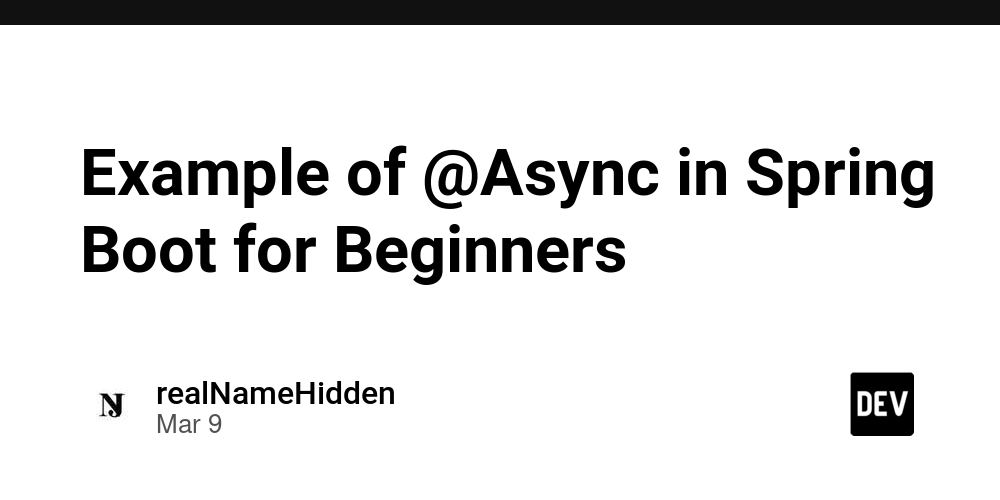4 Essential Things to Do for Everyday People to improve privacy online.
The Cover Photo : "Privacy" by g4ll4is is licensed under CC BY 2.0. Introduction Most people believe privacy is dead, and it's easy to see why ,almost every single service or product we use collects huge amounts of data on us, from our interests, our relationships and even our mental status, and it's seems impossible to escape , but it's not, while 100% privacy isn't possible unless you of course unplug everything, there are few things anyone can make to you more private online at almost no cost (both money and convenience-wise) so let me share a few of them with you. Stop Using Chrome, Use a more private Browser Instead This is by far the simplest and easiest one It's no secret that Google Chrome has become nothing but a giant data mine, it collects insane amounts of data even when you're not signed in. What's interesting is that you don't have to use it to get the same experience, You can use Chromium, the open source browser it's based on, but What I recommend is using Brave Browser, it has the same features (plus some other things by the developing team), it's open source and has sensible defaults optimized for privacy. There are also Firefox-based browsers like Librewolf and Mullvad Browser but Browser Wars is a topic for another time In short, Just Stop using the data-hungry Chrome and Switch to Brave to get a decent privacy boost. Stop using Google for Search This is the second most important thing to do When it comes to search engines, it's obvious that Google will be one of the worst when it comes to privacy, it does all sorts of horrible things like logging your searches, tracking which links you click on, displaying some ads that somehow seem to know what you're thinking of (creepy, I know) and most people just accept it because they think there's no other option really but what they don't know is that there are other alternatives that respect your privacy while still providing you with some level of privacy, the first one I want to mention is Brave Search, it's a search engine created by the same company that made the Brave Browser, what's unique about it is that it has an independent index, meaning it doesn't pull search results from other search providers like Google and bing, it also has a paid option which is worth exploring There are other options like DuckDuckGo (I found its search results on languages other than English to be hit or miss) and also Startpage (pulls search results from Google but is owned by an Ad company) but really what it comes down to is trying every search engine yourself and see which one gives you the best results To summarize, stop using Google for search and really spend some time trying a different search engine that respects your privacy and gives you the good results that you need Start using a more privacy-respecting E-mail Provider This is another one about Google. You might think that I'm biased towards Google but really, the company has made some very bad decisions when it comes to privacy of its users (like most other Big Tech companies), and Gmail is no exception, it's a very poor choice for those seeking privacy , it collects right about every single byte of data it can get and really the only upside it has is the 15GB of free storage which isn't worth the compromise (remember when something is free, you're the product), instead of using Gmail, there are several alternatives that provide just the same functionality without the privacy trade-off, the best one I found out there is ProtonMail, it's an e-mail provider based in Switzerland so it abides by the Swiss Privacy Laws, it has a beautiful interface that's not too different from Gmail (my favorite color is purple btw) , it has a free plan but only with 500MB of free storage and the Proton team are building a full suite of apps to complement it like a Calender and a Drive storage There are other options worth considering like Tuta (Based in germany) and Mailbox (also based in Germany but is a paid option) Overall, switching your email provider can have a drastic effect in boosting your privacy and reducing the amount of info data brokers can have about you and it has very minimal effects on convenience Use an E-mail aliasing service to sign into Invasive services This is another one that a lot of people don't know about Most people subscribe to a services and then forget about only to have their inbox filled with spam and countless promotion e-mails that they don't want because they hand over their e-mail address to these services which will more than likely sell it data brokers that will then sell it to advertising agencies and it seems like the only option to get out of this hole to change your e-mail, thankfully, there's a much simpler solution , using an e-mail aliasing service, what it does simply is that it creates a fake e-mail like alias@whatever.com which you can use to sign in to services that you don't want to give you real
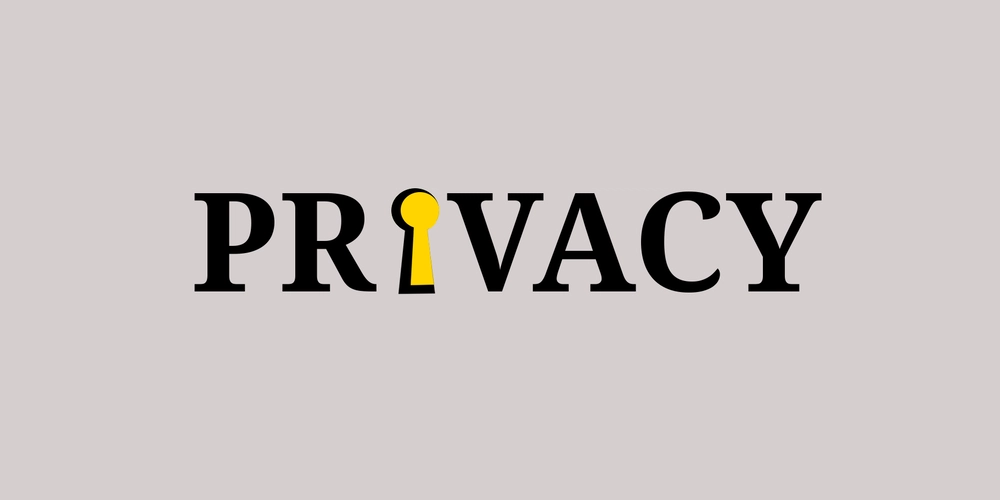
The Cover Photo : "Privacy" by g4ll4is is licensed under CC BY 2.0.
Introduction
Most people believe privacy is dead, and it's easy to see why ,almost every single service or product we use collects huge amounts of data on us, from our interests, our relationships and even our mental status, and it's seems impossible to escape , but it's not, while 100% privacy isn't possible unless you of course unplug everything, there are few things anyone can make to you more private online at almost no cost (both money and convenience-wise) so let me share a few of them with you.
Stop Using Chrome, Use a more private Browser Instead
This is by far the simplest and easiest one
It's no secret that Google Chrome has become nothing but a giant data mine, it collects insane amounts of data even when you're not signed in.
What's interesting is that you don't have to use it to get the same experience, You can use Chromium, the open source browser it's based on, but What I recommend is using Brave Browser, it has the same features (plus some other things by the developing team), it's open source and has sensible defaults optimized for privacy.
There are also Firefox-based browsers like Librewolf and Mullvad Browser but Browser Wars is a topic for another time
In short, Just Stop using the data-hungry Chrome and Switch to Brave to get a decent privacy boost.
Stop using Google for Search
This is the second most important thing to do
When it comes to search engines, it's obvious that Google will be one of the worst when it comes to privacy, it does all sorts of horrible things like logging your searches, tracking which links you click on, displaying some ads that somehow seem to know what you're thinking of (creepy, I know) and most people just accept it because they think there's no other option really but what they don't know is that there are other alternatives that respect your privacy while still providing you with some level of privacy, the first one I want to mention is Brave Search, it's a search engine created by the same company that made the Brave Browser, what's unique about it is that it has an independent index, meaning it doesn't pull search results from other search providers like Google and bing, it also has a paid option which is worth exploring
There are other options like DuckDuckGo (I found its search results on languages other than English to be hit or miss) and also Startpage (pulls search results from Google but is owned by an Ad company) but really what it comes down to is trying every search engine yourself and see which one gives you the best results
To summarize, stop using Google for search and really spend some time trying a different search engine that respects your privacy and gives you the good results that you need
Start using a more privacy-respecting E-mail Provider
This is another one about Google.
You might think that I'm biased towards Google but really, the company has made some very bad decisions when it comes to privacy of its users (like most other Big Tech companies), and Gmail is no exception, it's a very poor choice for those seeking privacy , it collects right about every single byte of data it can get and really the only upside it has is the 15GB of free storage which isn't worth the compromise (remember when something is free, you're the product), instead of using Gmail, there are several alternatives that provide just the same functionality without the privacy trade-off, the best one I found out there is ProtonMail, it's an e-mail provider based in Switzerland so it abides by the Swiss Privacy Laws, it has a beautiful interface that's not too different from Gmail (my favorite color is purple btw) , it has a free plan but only with 500MB of free storage and the Proton team are building a full suite of apps to complement it like a Calender and a Drive storage
There are other options worth considering like Tuta (Based in germany) and Mailbox (also based in Germany but is a paid option)
Overall, switching your email provider can have a drastic effect in boosting your privacy and reducing the amount of info data brokers can have about you and it has very minimal effects on convenience
Use an E-mail aliasing service to sign into Invasive services
This is another one that a lot of people don't know about
Most people subscribe to a services and then forget about only to have their inbox filled with spam and countless promotion e-mails that they don't want because they hand over their e-mail address to these services which will more than likely sell it data brokers that will then sell it to advertising agencies and it seems like the only option to get out of this hole to change your e-mail, thankfully, there's a much simpler solution , using an e-mail aliasing service, what it does simply is that it creates a fake e-mail like alias@whatever.com which you can use to sign in to services that you don't want to give you real e-mail address, then the e-mails sent to this fake e-mail address will be rerouted into you real e-mail, this accomplishes two things, the first is that it keeps your real e-mail address hidden from data brokers , the second is that the moment you ditch that service, you don't have to worry about spam mail because you can simply delete the fake e-mail and you won't hear from it again
The best two providers for e-mail aliases are:
In the end, I want to say that privacy isn't really that hard to improve and these simple steps are just the beginning of your journey towards a more private life online









































































































































































![[The AI Show Episode 142]: ChatGPT’s New Image Generator, Studio Ghibli Craze and Backlash, Gemini 2.5, OpenAI Academy, 4o Updates, Vibe Marketing & xAI Acquires X](https://www.marketingaiinstitute.com/hubfs/ep%20142%20cover.png)














































































































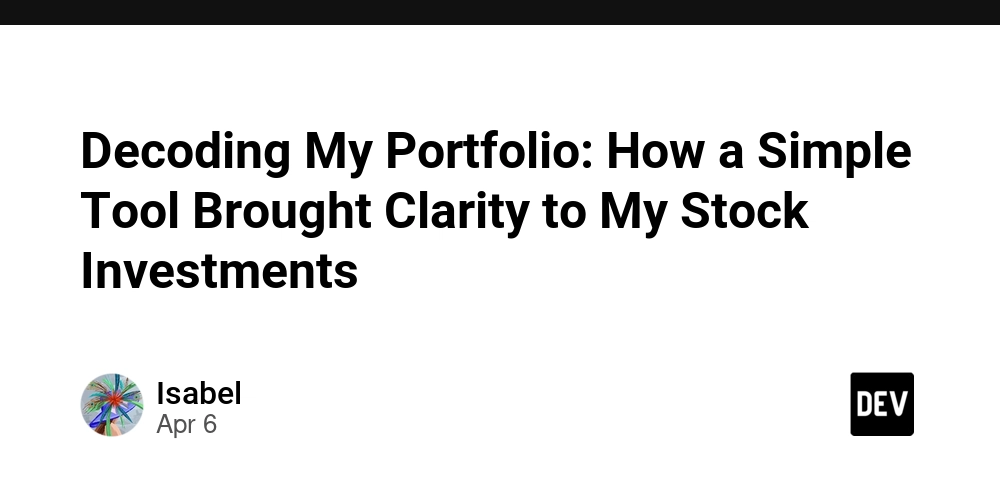
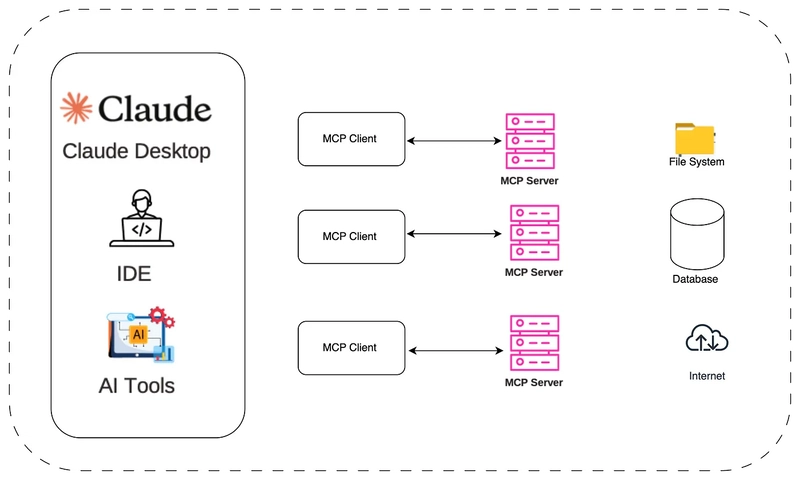










![[FREE EBOOKS] The Kubernetes Bible, The Ultimate Linux Shell Scripting Guide & Four More Best Selling Titles](https://www.javacodegeeks.com/wp-content/uploads/2012/12/jcg-logo.jpg)



![From drop-out to software architect with Jason Lengstorf [Podcast #167]](https://cdn.hashnode.com/res/hashnode/image/upload/v1743796461357/f3d19cd7-e6f5-4d7c-8bfc-eb974bc8da68.png?#)



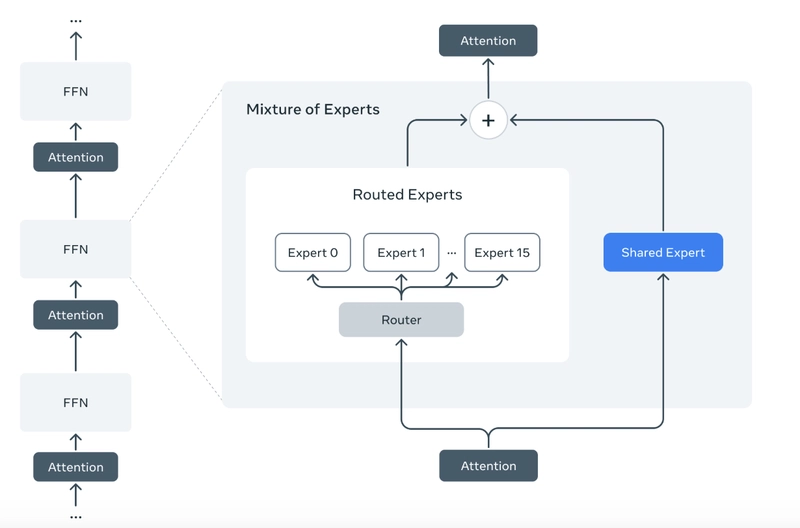



































































































.png?#)




.jpg?#)


















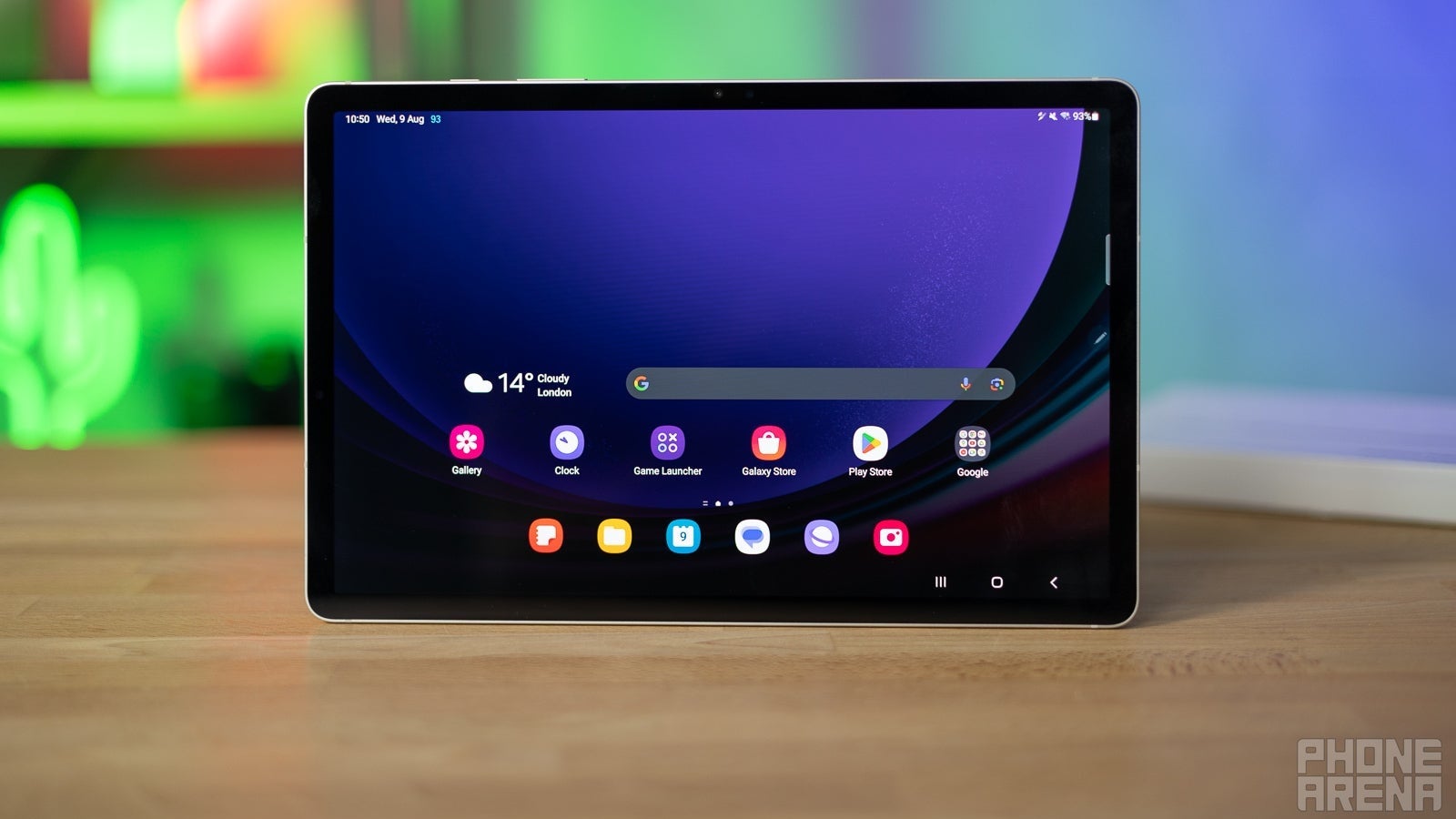













_Christophe_Coat_Alamy.jpg?#)
 (1).webp?#)








































































































![Rapidus in Talks With Apple as It Accelerates Toward 2nm Chip Production [Report]](https://www.iclarified.com/images/news/96937/96937/96937-640.jpg)






































































































































